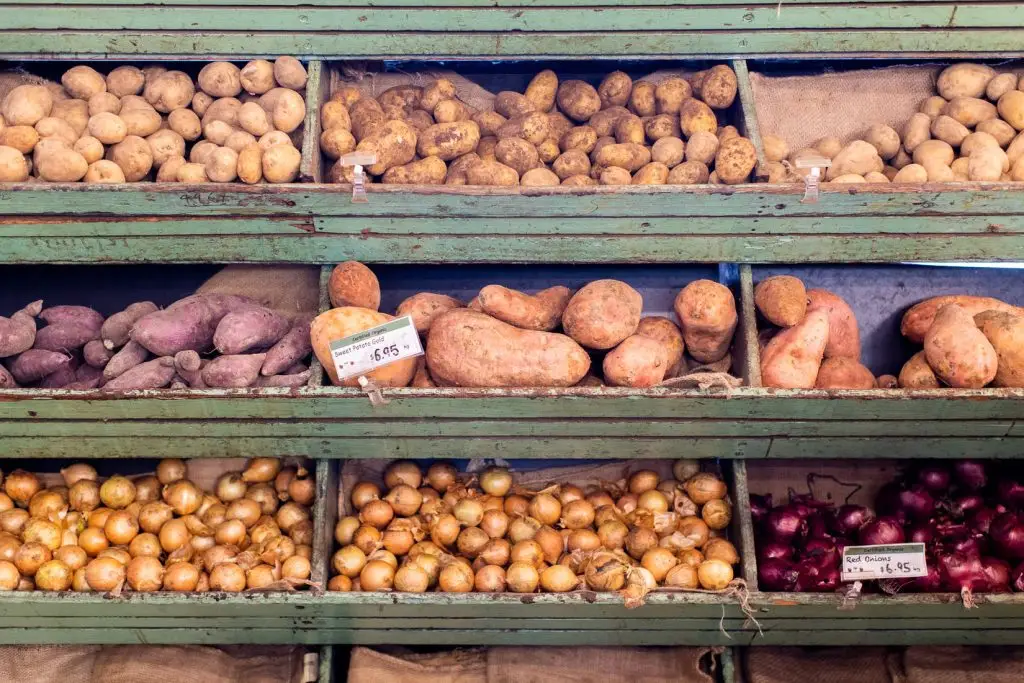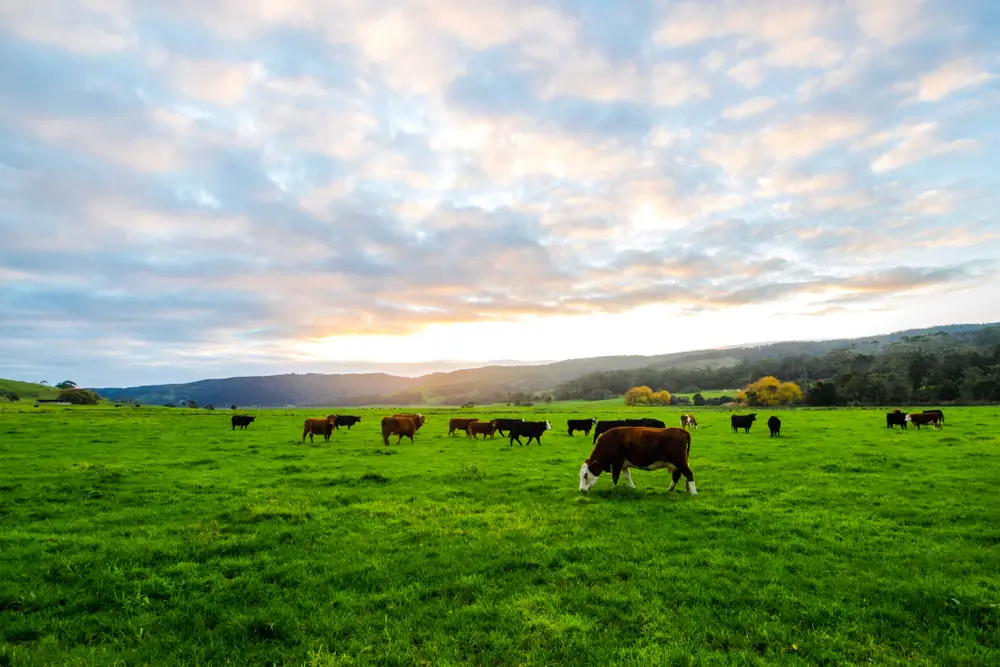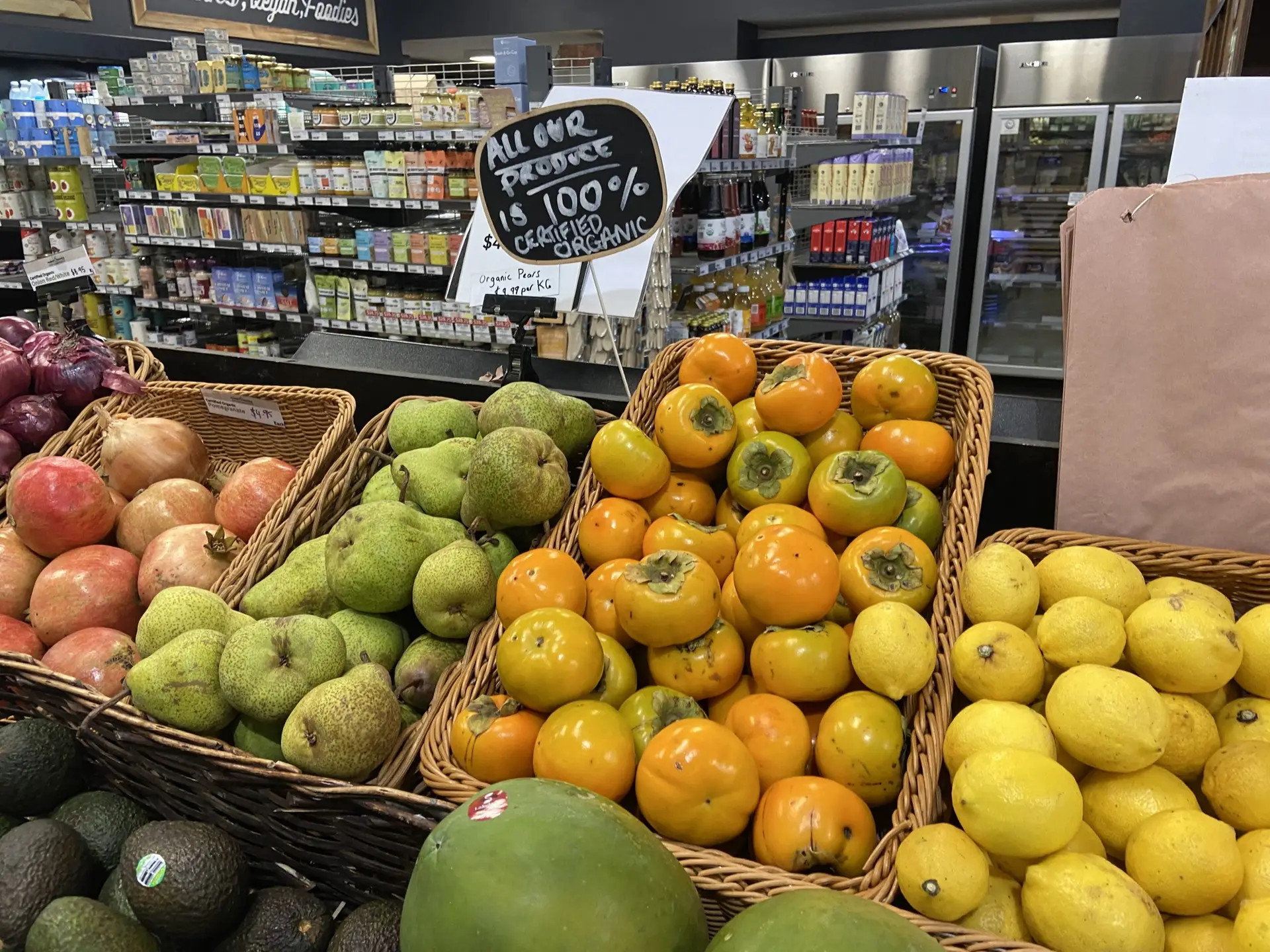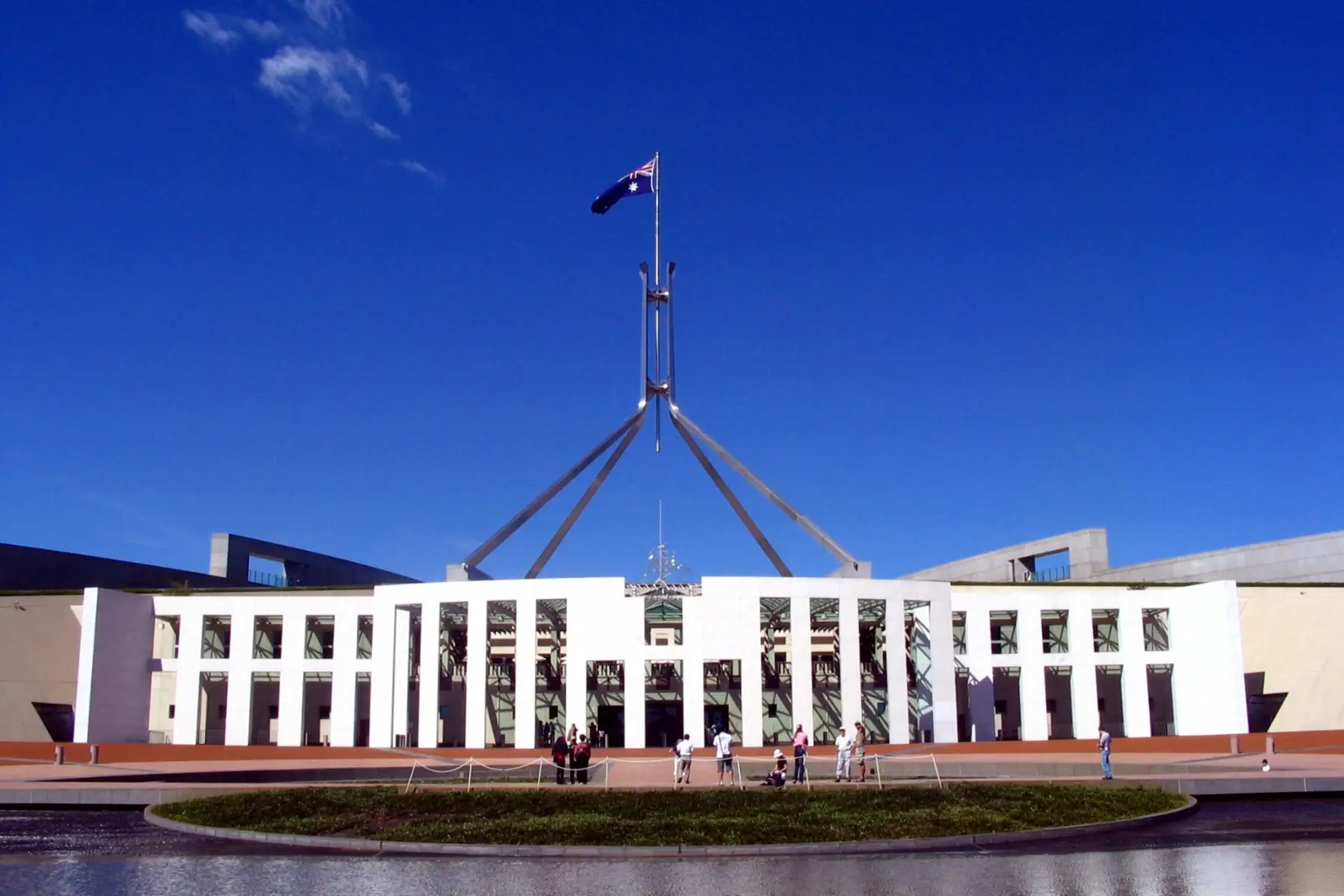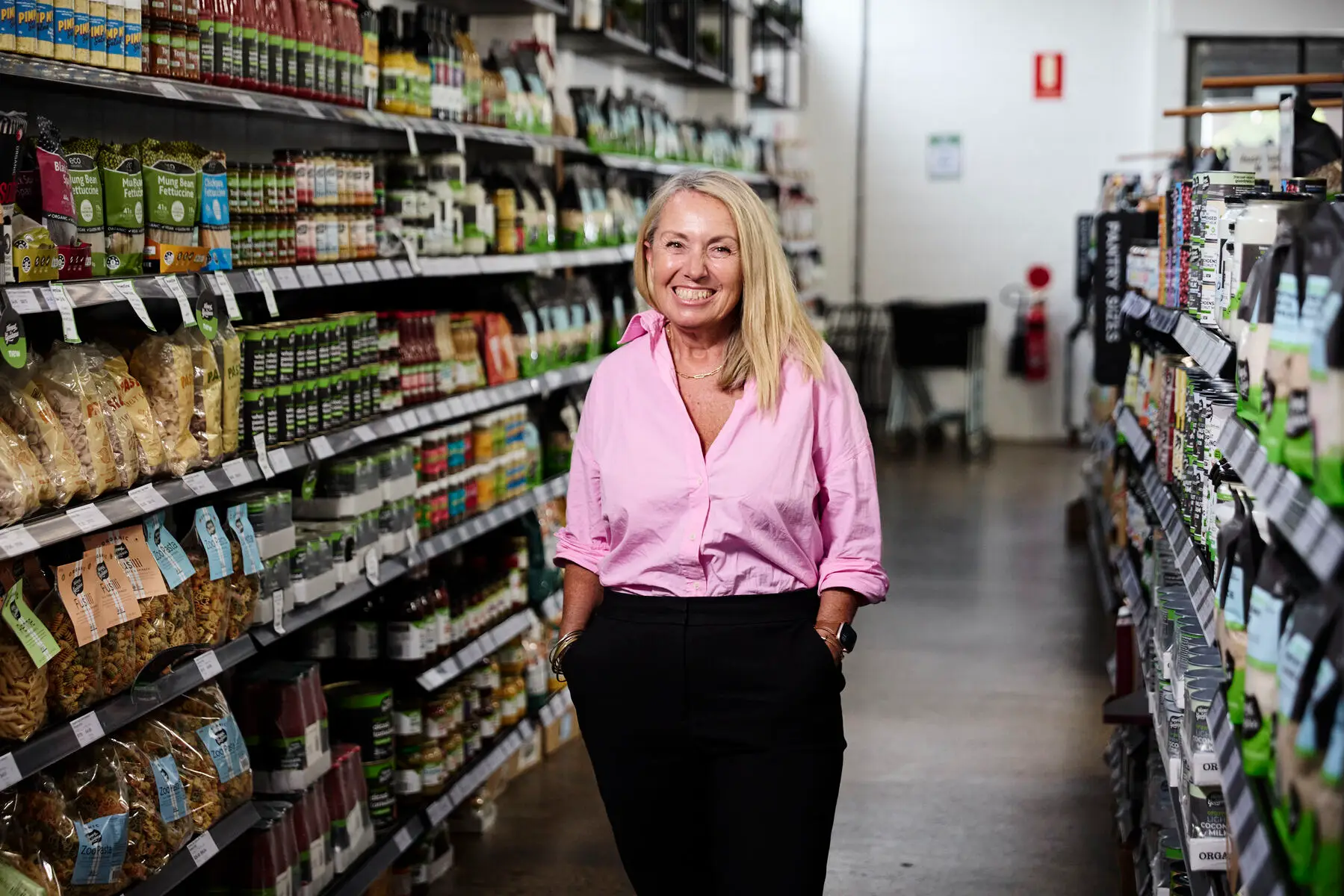The House of Representatives Standing Committee on Agriculture has heard from Australian Organic Limited (AOL) on the crucial role organics can play in creating a resilient farming ecosystem to enhance food security into the future.
Speaking at public hearings in Brisbane this week as part of the ongoing inquiry into food security in Australia, AOL CEO Niki Ford outlined the benefits of incorporating organic farming practices across the agricultural sector to Member for Paterson, Committee Chair Meryl Swanson, and Member for Spence, Matt Burnell.
“The Australian organic industry has the potential to strengthen the country’s food production capacity, improve soil health, mitigate climate change and provide numerous health benefits,” Ms Ford said.
“To realise these benefits, it is crucial to address regulatory barriers, increase market access and promote collaboration between the organic and non-organic sectors.”
AOL’s submission to the Committee included statistics from the recent Australian Organic Market Report which revealed Australia’s 53 million hectares of certified organic farmland accounted for 70 per cent of the global certified organic farmland.
Despite this, Australia’s share of the global organic market is only around one per cent.
“Accessing more organic export markets is one of the greatest growth opportunities from an economic perspective and will also help mitigate food security risks for the agricultural sector,” Ms Ford said.
“A lack of domestic regulation around the term ‘organic’ is making it difficult for producers to export to other countries as they don’t enter into equivalency agreements with Australia, meaning producers must pay for extra certification.
“This also leads to increased ‘greenwashing’ because anyone can claim they are organic on their packaging without having to be certified.
“There are great opportunities in the international organic market, but we just need to be able to provide that national framework to support the industry in Australia to reach its full potential.
“Domestic regulation would put Australia in a better position for future equivalency agreements and enable market diversification for Australian producers.”
AOL Technical and Research Manager, Josefine Pettersson, pointed to the European Union as the benchmark in addressing food security concerns through organic principles.
“The EU has a goal of 25 per cent of farmland being certified organic by 2030, and other countries like the United States, Japan and South Korea have made similar investments into organics,” Ms Pettersson told the Committee.
“There’s large-scale support around the world for the proactive practices of organic farming given the multitude of benefits for the overall farming ecosystem.
“Long-term studies from the Rodale Institute over 30 years have shown a 40 per cent increase in yields of organic farms compared to non-organic farms, especially during times of drought given the increased organic carbon within the soil.
“From a food security point of view, the importance of soil health needs to be prioritised within all sectors of research.”
AOL’s submission to the Committee highlighted that organic farms use less nitrogen and phosphorus – an essential resource predicted by the UN to run out by 2170 based on current farming practices. It also detailed how the increased soil carbon of certified organic farmland can help reduce greenhouse gas emissions.
176 submissions were received by the Committee, including AOL’s contribution. All submissions can be viewed here.
Media enquiries:
Matt Wordsworth
matt.wordsworth@bluehillpr.com.au
0404 029 241
Tim Vetter
tim.vetter@bluehillpr.com.au
0439 681 793
